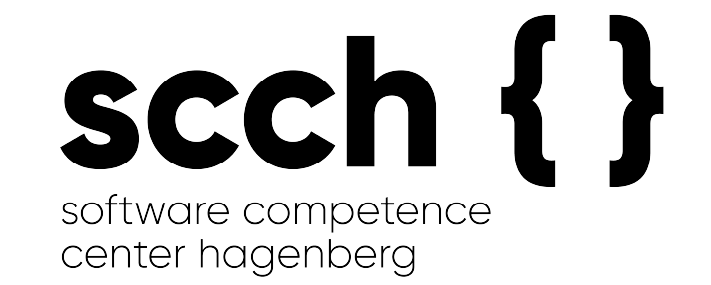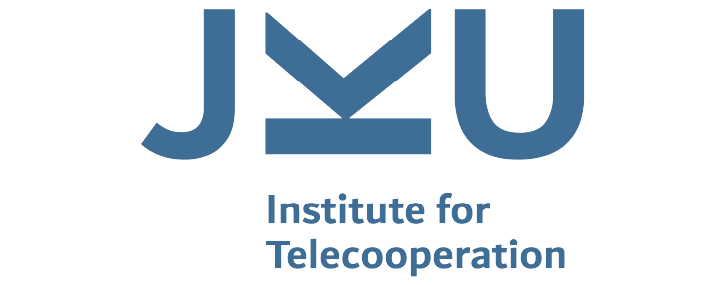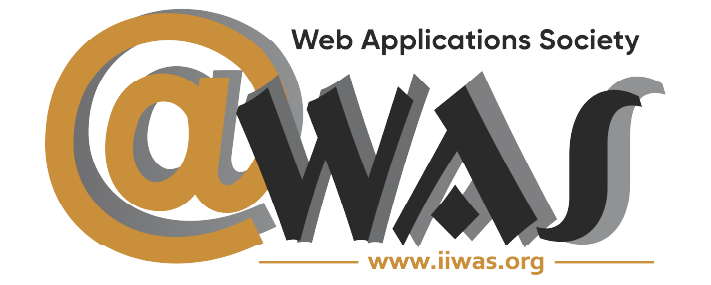EGOVIS 2024
The 13th International Conference on Electronic Government and the Information Systems Perspective (EGOVIS 2024)
"Digitalisation, Innovation, Automation and Transformation"
IMPORTANT DATES
- Paper submission deadline: 7 April 2024 <<<FIRM & FINAL>>>
- Notification of acceptance: 10 May 2024
- Camera-ready copies due: Before 10 June, 2024 (SHARP)
- Authors Registration deadline: Before 10 June 2024 (SHARP)
- Conference days: 26-28 August 2023
PUBLICATION
All accepted EGOVIS2024 papers will be published by Springer in their Lecture Notes in Computer Science (LNCS). LNCS volumes are indexed in Scopus; EI Engineering Index; Google Scholar; DBLP; etc. and submitted for indexing in the Conference Proceedings Citation Index (CPCI), part of Clarivate Analytics’ Web of Science.
SCOPE
EGOVIS series of international conferences focus on digitalisation, digital transformation, digital innovation, automation and information systems aspects of e-government. One of the critical drivers of competitiveness is accelerated digital transformation. Digital transformation is more than just a technological shift; it requires a fundamental change of processes enabled by the innovative use of digital technologies. Digitalisation and information systems are core enablers for electronic government/governance in all dimensions: e-administration, e-democracy, e-participation and e-voting. Each year EGOVIS brings together experts from academia, public administrations, and industry to discuss digitalisation issues and information systems from different perspectives and disciplines, i.e. technology, policy and/or governance and public administration. We search for original papers by researchers and practitioners describing novel ideas and innovative solutions in the field.
Automation in e-government refers to the use of technology to streamline and improve government processes and services. This can include using electronic systems to handle tasks such as forms submission, document processing, and data management. Automation can help governments to be more efficient and responsive to the needs of citizens and businesses. It can also reduce the need for manual labor and improve the accuracy and consistency of government processes. Some examples of automation in e-government include online portals for paying taxes, applying for permits or licenses, and accessing government services.
EGOVIS 2024 invites paper submissions on all topics related to e-government and the information systems perspective. Topics of interest include (but are not limited to) the following:
- Artificial intelligence, machine/deep learning for e-Government
- Decision Support in e-government: Intelligent decision support systems, Multi-criteria decision making and decision analysis
- Intelligent multi-agent for e-government
- Cloud computing and Fog/edge Computing for E-government
- Business analytics in government, data mining and data warehousing
- Business process management and reengineering
- Civic media and social media for e-democracy
- Data Science in government: big data, open data and database aspects
- Digital transformation
- Economics of e-Government
- e-Democracy/e-Participation
- Education and training
- E-government policies and strategies
- Electronic identity, identity management
- Enterprise architectures and information systems architecture for e-Government- e-Government and multilingualism
- Information modelling and information retrieval in e-Government
- Interoperability solutions for Public Administrations
- Knowledge management, intelligent systems
- Legal and regulatory aspects
- Mobile services
- Open Government
- Open innovation, innovation management, transparency, transformation and change management
- Open-source solutions for e-government
- Personalization and recommender systems
- Privacy, trust, interoperability, and security
- Regional collaboration and cross-border initiatives (e.g. central European research and cross-border piloting)
- Risk governance and management
- Semantic Web and ontologies
- Smart government and smart governance
- Smart sustainable cities
- Social innovation platforms
- Ubiquitous and pervasive computing
SUBMISSION GUIDELINES
Authors are invited to submit electronically original contributions or experience reports in English. EGOVIS will accept submissions of both short and full papers.
- Short papers: up to 6 pages on preliminary work, vision papers or industrial applications
- Full paper: up to 15 pages including references and appendixes. Full papers are expected to be more mature, contain more theory or present a survey (tutorial style) of some interesting topic.
Any submission that significantly exceeds length limits or deviates from formatting requirements may be rejected without review.
SUBMISSION PROCEDURE
Authors should first consult Springer’s authors’ instructions and use the proceedings templates, either for LaTeX or for Word, for the preparation of their papers.
Papers submission will be managed using HotCRP. To submit a paper, create an account at (https://egovis2024.iiwas.org) or sign in if you already have an account. To create an account, you only need to enter a valid email address. You will receive an email with a link to change the password and fill in your name, affiliation, etc., You can start the submission process by clicking on "new submission".
IMPORTANT!! : We strongly advise using an official email address. If you're using public email services like Gmail, Yahoo, Outlook, etc., please make sure to add (egovis2024@iiwas.org) to your contacts before registering. If you encounter any issues, please reach out to (egovis2024@iiwas.org).
REVIEW PROCESS
Submitted papers will be carefully evaluated based on originality, significance, technical soundness, and clarity of exposition.
Duplicate submissions are not allowed and will be rejected immediately without further review.
Authors are expected to agree to the following terms: "I understand that the submission must not overlap substantially with any other paper that I am a co-author of or that is currently submitted elsewhere. Furthermore, previously published papers with any overlap are cited prominently in this submission."
Questions about this policy or how it applies to a specific paper should be directed to the PC Co-chairs.
COMMITTEES
Program Committee Co-Chairs
• Andrea Kő, Corvinus University Budapest, Hungary
Program Committee Members:
• A Min Tjoa, Vienna University of Technology, Austria
• Adeleh Asemi Zavareh, University of Malaya, Malaysia
• Aljosa Pasic, Atos/Eviden, France
• Bálint Molnár, Eötvös Loránd University, Hungary
• Chien-Chih Yu, National ChengChi University, Taiwan
• Christine Leitner, Centre for Economics and Public Administration (CEPA), UK
• Csaba Krasznay, Ludovika University of Public Service, Hungary
• Dirk Draheim, Tallinn University of Technology, Estonia
• Enrico Francesconi, IGSG-CNR, Italy
• Evangelia Kavakli, University of the Aegean, Greece
• Fernando Galindo, University of Zaragoza, Spain
• Francesco Buccafurri, University Mediterranea of Reggio Calabria, Italy
• György Drótos, Corvinus University of Budapest, Hungary
• György Hajnal, Corvinus University of Budapest, Hungary
• Henning Sten Hansen, Aalborg University, Denmark
• Herbert Leitold, A-SIT, Austria
• Javier Nogueras Iso, Universidad de Zaragoza, Spain
• Jean Vincent Fonou-Dombeu, University of KwaZulu-Natal, South Africa
• Mara Nikolaidou, Harokopio University, Greece
• Monica Palmirani, CIRSFID, Italy
• Nikos Karacapilidis, University of Patras, Greece
• Nimrod Mike, Corvinus University of Budapest, Hungary
• Rozha Ahmed, Sulaimani Polytechnic University, Iraq
• Tamás Molnár, Humboldt-Universität, Germany
• Vytautas Čyras, Vilnius University, Lithuania
• Wojciech Cellary, WSB Merito University, Poznan, Poland





